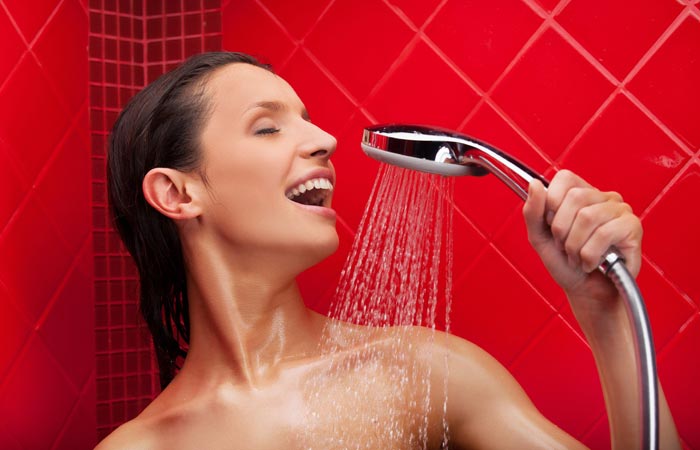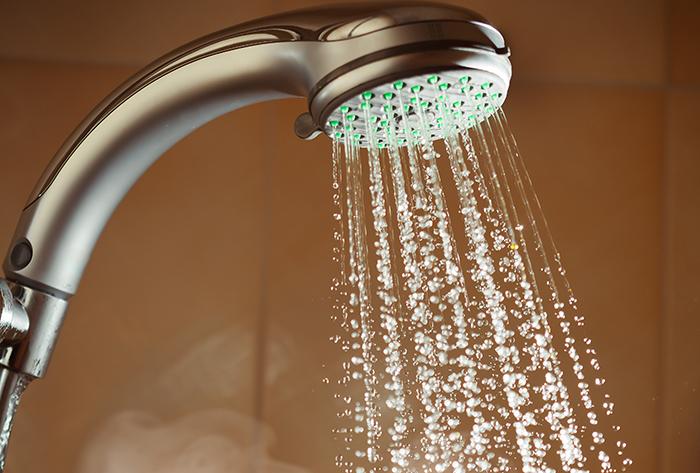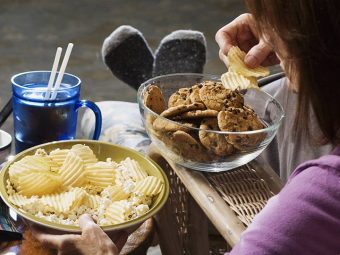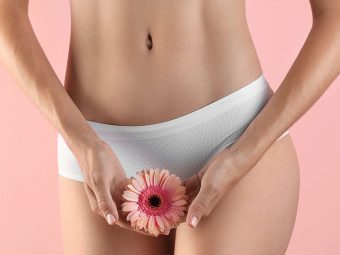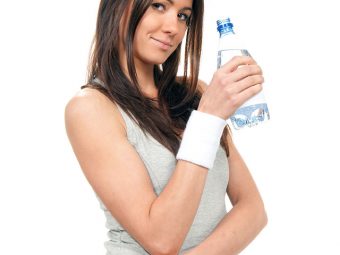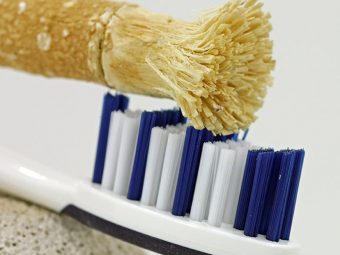Hot Water Bath Vs Cold Water Bath – Which One Is Better According To Ayurveda?
Learn the key differences between these techniques to make the right choice for your mane!
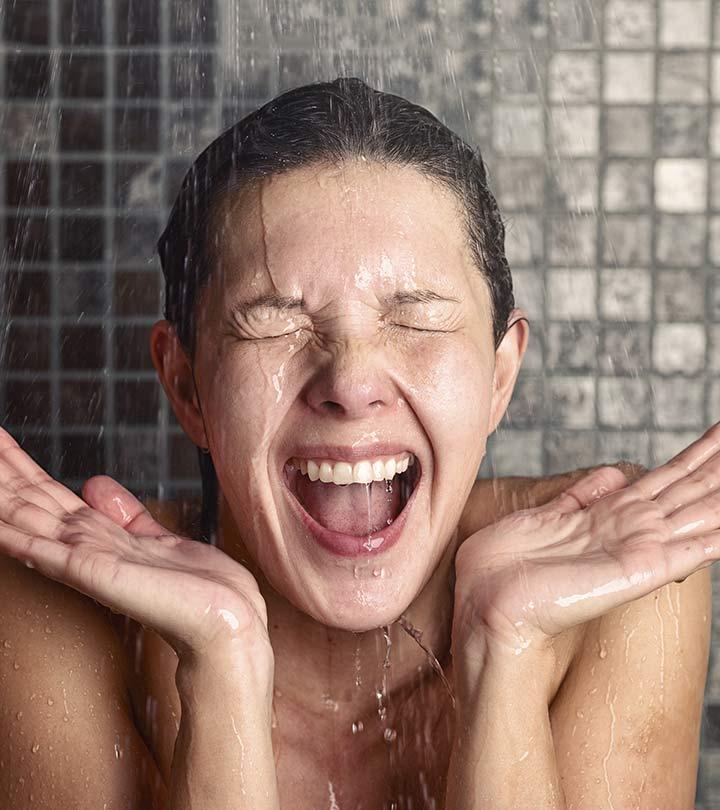
Are you stuck between choosing hot water and cold water for bathing? The hot water bath Vs. cold water bath debate has been on for a long time now. While each has its benefits to offer, what one must opt for depends on various factors like age, current season, habits, history of the disease, etc. Continue reading to understand the benefits both hot and cold water baths can offer.
In This Article
Cold Shower Vs Hot Shower
Let us have a look at the benefits of both cold water and hot water showers here:
Benefits Of A Cold Water Bath
- A cold water bath tends to stimulate the nerve endings and gives you a kick start in the morning (1). It also helps in getting rid of the laziness.
- Cold water baths increase the release of depression-beating chemicals such as beta-endorphins, and thus help you treat depression (2).
- Studies have shown that a cold water bath improves the reproductive health in men by stimulating the release of testosterone.
- It may also help in improving lung function.
- Cold water baths stimulate the lymphatic and immune systems of the body, thereby boosting the production of cells that fight against infections (3).
Benefits Of A Hot Water Bath
- As we all know, warmer temperatures tend to kill the germs more. Hence, bathing with hot water cleanses the body.
- Studies show that a hot water bath improves the flexibility of muscles and also helps relax sore muscles (4).
- A hot water bath reduces the sugar levels in the body, making your body less prone to diabetes.
- It is also beneficial to treat a cough and cold as the steam helps to clear the airways and decongest your throat and nose (5).
How To Choose Between Cold And Hot Water Baths – As Per Ayurveda
Is it better to shower with cold or hot water? Ayurveda has got an answer for you. Ayurveda suggests that you must use hot water for the body and cold water for the head since washing your eyes and hair with hot water is not good for your health. Ayurveda suggests that the temperature of the water must be based on the following factors:
1. Based On Age
For youngsters, it is suggested to bathe with cold water. For old people and youngsters, it is suggested to bathe with hot water. But if you’re a student and dedicated to spending more time on studies, bathing with cold water will be beneficial for you.
2. Based On The Body Type
If your body type is Pitta, it is better that you use cold water to take a bath, and if your body type is Kapha or Vata, use hot water.
3. Based On Diseases
If you’re suffering from any Pitta-related disease, such as indigestion or liver disorders, a cold water bath will be very beneficial for your health. And if you’re suffering from Kapha or Vata-related disorders, then a hot water bath is preferred.
If you’re an epilepsy patient, both hot water and cold water bath are not recommended. Instead, take a bath with lukewarm water.
4. Based On Your Habits
If you work out regularly, a hot water bath is suggested.
5. Based On What Time You Bathe
If you bathe in the morning, it is good to bathe with cold water. But if you’re bathing at night, taking a hot water bath will help you feel relaxed. Since evening time is dominated by Vata, bathing with hot water will be beneficial.
How To Bathe According To Ayurveda
According to Ayurveda, “A hurried bath is similar to hurried food, and your body does not reap all the benefits and get cleaned properly if you rush bathing.” To gain freshness, a good bathing experience is a must.
You should follow the process slowly so that every part of your body is exposed properly to water. Here’s how you should bathe:
- Start off by washing your hands and feet.
- If you’re bathing with cold water, your approach should be from the head to the toe.
- And if you’re bathing with hot water, start by washing your toes first and then move upwards to the head.
- When it comes to soap, avoid chemically-loaded soaps available in the market as the skin absorbs all the chemicals from the soaps.
- Indulging in a good oil massage with mustard oil or sesame oil before a bath is said to be beneficial for your body. It revitalizes the muscles and improves the texture of the skin.
- Though you must not rush while bathing, doing it for too long is also not suggested. Also, for better hygiene, bathing twice a day is enough.
- You can add a few neem leaves in water and leave them for some time. Then, take a bath with this water. It will improve the health of your skin.
While you may have your personal preference when it comes to hot water bath vs. cold water bath, the above discussion would help you make an informed choice as per your requirement and skin type. While cold water helps stimulate your nerve endings, gearing you up for a refreshing start to the day, warm water baths help relax and ease sore muscles. Age, season, habits, and usual time of bathing, all play a significant role in what you choose to stick to.
Frequently Asked Questions
Do cold showers burn fat?
Cold water may increase metabolic rate and aid in burning calories which may result in weight loss (6).
Does hot water damage skin?
Yes, hot water may damage skin barrier function and cause skin dryness (7).
How long should you take a hot bath for?
You should ideally take a hot bath for 15 to 30 minutes.
Sources
Articles on StyleCraze are backed by verified information from peer-reviewed and academic research papers, reputed organizations, research institutions, and medical associations to ensure accuracy and relevance. Read our editorial policy to learn more.
- Scientific Evidence-Based Effects of Hydrotherapy on Various Systems of the Body
https://www.ncbi.nlm.nih.gov/labs/pmc/articles/PMC4049052/ - Adapted cold shower as a potential treatment for depression
https://pubmed.ncbi.nlm.nih.gov/17993252/ - The Effect of Cold Showering on Health and Work A Randomized Controlled Trial
https://www.ncbi.nlm.nih.gov/labs/pmc/articles/PMC5025014/ - History of the Baths and Thermal Medicine
https://www.ncbi.nlm.nih.gov/labs/pmc/articles/PMC5535692/ - The effects of daily bathing on symptoms of patients with bronchial asthma
https://www.ncbi.nlm.nih.gov/labs/pmc/articles/PMC4850334/ - Human physiological responses to immersion into water of different temperatures
https://link.springer.com/article/10.1007/s004210050065?noAccess=true - Impact of Water Exposure and Temperature Changes on Skin Barrier Function
https://pubmed.ncbi.nlm.nih.gov/35053992/


